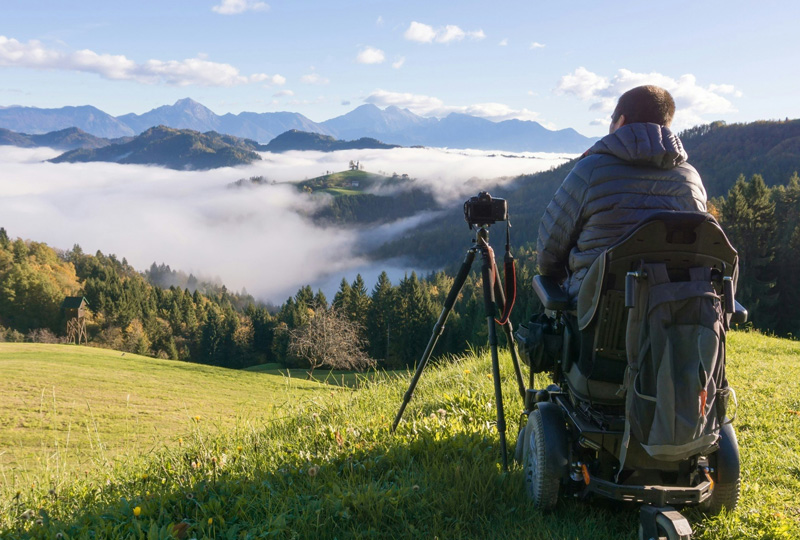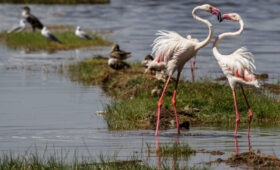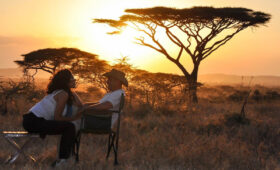Medical Tips for Safari Travelers with Disabilities
Medical tips for safari travelers with disabilities are essential for planning a safe and enjoyable adventure in Tanzania. Whether you use a wheelchair, have limited mobility, or rely on specific medical equipment, good preparation ensures peace of mind while exploring the wild. Tanzania’s national parks and lodges are becoming more inclusive, but medical readiness is still key for a smooth trip.
Consult Your Doctor Before Traveling
Before booking your safari, it’s important to talk with your doctor about your health condition and travel plans. Explain where you’re going, how long you’ll stay, and the type of safari activities you’ll join. Your doctor can help you prepare medical documents, adjust medication schedules, and offer advice on vaccinations or preventive care suitable for the region.
Pack Medications and Health Essentials
Always carry enough medication for your entire safari, plus a few extra days in case of travel delays. Keep all medicines in their original packaging with labels and prescriptions. A small medical kit with pain relievers, bandages, disinfectants, and allergy medicine is also useful. If you use mobility aids, pack essential repair tools and spare parts that are easy to carry.
Inform Your Tour Operator About Medical Needs
Let your safari operator know about your health or accessibility needs before your trip. This allows them to arrange suitable accommodation, transport, and support services. Operators like Mandari Travel work with lodges that can accommodate travelers with disabilities, ensuring nearby medical access and trained staff who can assist if needed.
Accessible Accommodation with Medical Support
Choose lodges that not only provide accessible rooms but also have a plan for medical emergencies. Some safari lodges are located close to hospitals or clinics, while others partner with local medical providers who can respond quickly. Having emergency numbers and the location of the nearest facility written down helps in case of unexpected situations.
Travel Insurance for Medical Coverag
One of the most important steps in safari planning is getting travel insurance that includes medical coverage. Make sure your policy covers pre-existing conditions, medical evacuation, and emergency treatment. Some remote safari destinations may require air evacuation in case of serious illness, so confirm this with your insurer before departure.
Stay Hydrated and Maintain Energy
The African climate can be hot and dry, which may affect travelers with certain medical conditions. Drink water regularly and carry light snacks to keep your energy steady during game drives. Avoid overexertion and take breaks when needed , your guide will help adjust the pace to your comfort level.
Emergency Communication and Support
Always have a way to communicate in case of emergencies. Many safari vehicles are equipped with radios or satellite phones, but carrying your mobile phone with emergency contacts is still important. Share your medical details with your travel companions or guide so they can assist if an issue arises.
Contact Mandari Travel
For a safe and accessible safari in Tanzania, contact Mandari Travel for guidance on medical preparation, accessible accommodations, and reliable support throughout your journey.
Email: info@mandaritravel.com
Call/WhatsApp +255 750 900 811




